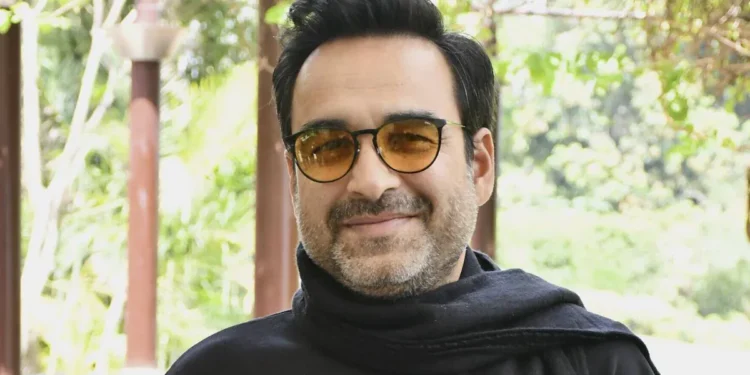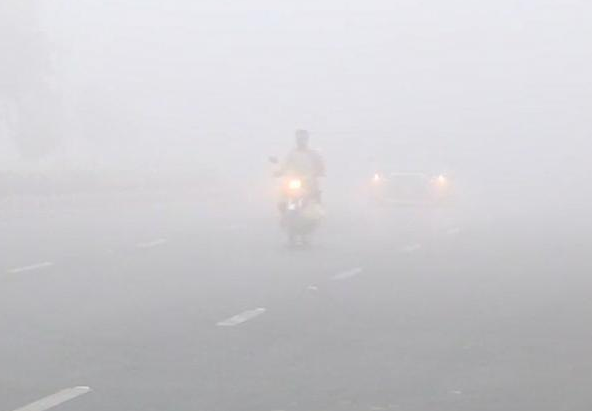The biopic genre in the Mumbai film industry often falls short of expectations, whether it is about contemporary personalities or historical figures. Unfortunately, Main Atal Hoon, directed and co-written by Ravi Jadhav, fails to break this trend. The film lacks the necessary attention to detail and feels rushed, which negatively impacts both the writing and the overall execution. Instead of being a balanced tribute, Main Atal Hoon leans more towards hagiography, focusing on Atal Bihari Vajpayee’s life from birth to death. However, it fails to cover the entirety of his formative years and influential political career.
The film Main Atal Hoon attempts to showcase the various aspects of Vajpayee’s life and political career, but falls short in creating a truly compelling and dramatic portrayal of the statesman. Pankaj Tripathi’s performance as Vajpayee is commendable, but is hindered by a screenplay that lacks imagination and insight. The film focuses more on the accomplishments of Vajpayee rather than delving into the challenges he faced. It simplifies complex political dynamics and fails to explore the intricacies of ideological warfare. While it touches upon Vajpayee’s efforts to foster friendship with Pakistan, it does not delve into the details of how this was achieved.
1. The film could have given more weight to the allusion of the Kargil victory by acknowledging the intelligence failure and the human cost of the border conflict.
2. Despite not physically resembling the politician, Pankaj Tripathi manages to overcome the authenticity question with a performance that closely aligns with the character as written.
3. Based on a Marathi book, Main Atal Hoon portrays Vajpayee as both a poet and a skilled politician, with the lead actor excelling in portraying the latter aspect.
Had the makers of Main Atal Hoon not been bound by the book’s title and instead explored the idea of a politician with a poet’s temperament and deep love for the Hindi language, the film would have been significantly different. It would have been a more fulfilling and rewarding experience for the audience. However, deviating from the book’s premise would have meant not achieving the intended purpose of the project. The film, focused mainly on Vajpayee’s personal associations and political affiliations, fails to delve into important details and nuances that could have resulted in a more comprehensive and objective portrayal, rather than the unabashed tribute it has become.
The film possesses certain elements that had great potential, such as Vajpayee’s relationship with his father and his enduring friendship with Rajkumari Kaul. However, the script fails to give them the attention they deserve, treating them as mere puzzle pieces in the larger picture. From a cinematic standpoint, Main Atal Hoon may not be particularly exciting. However, considering its clear purpose, it may still find an audience outside of those who constantly seek more depth and range in Bollywood biopics, only to be let down repeatedly.



